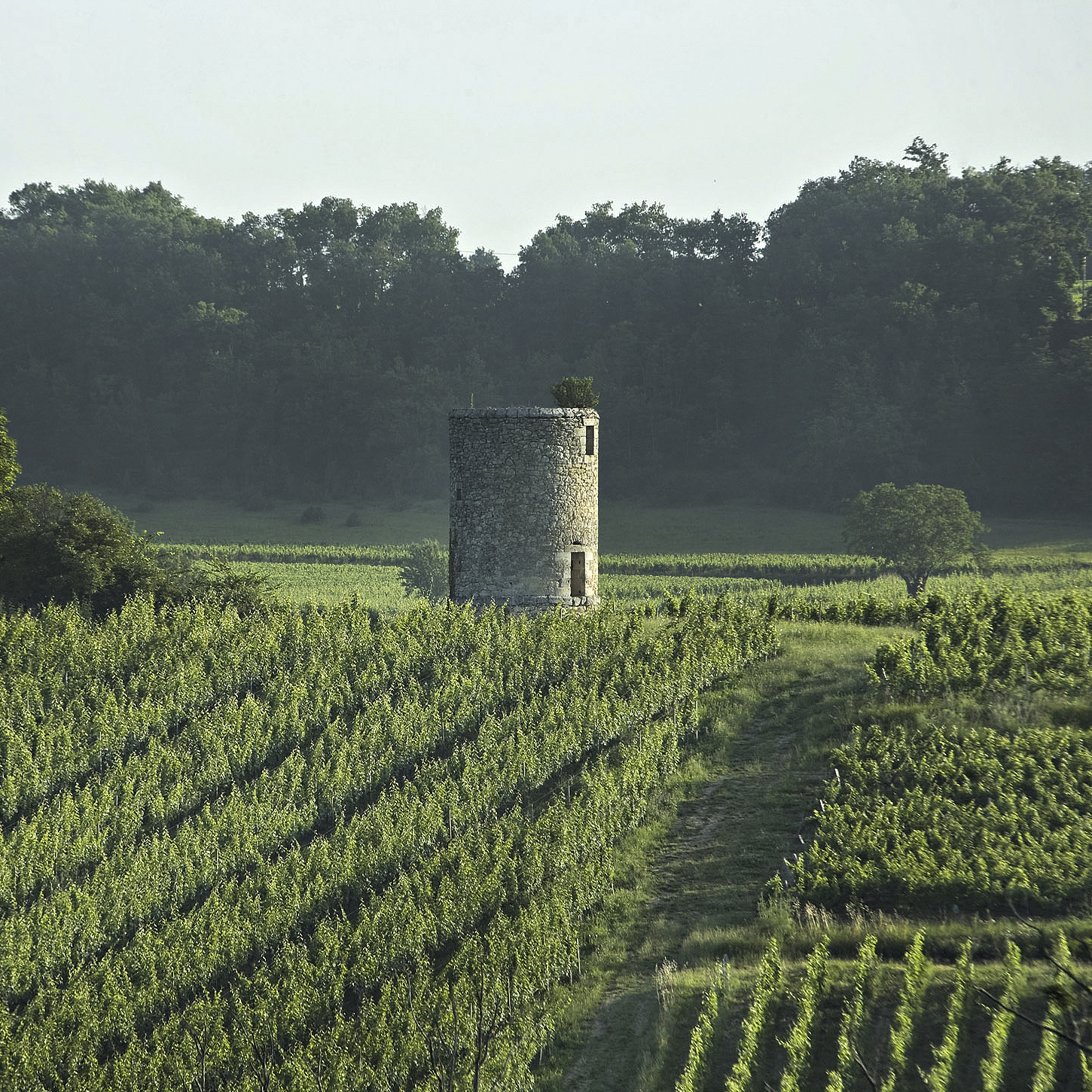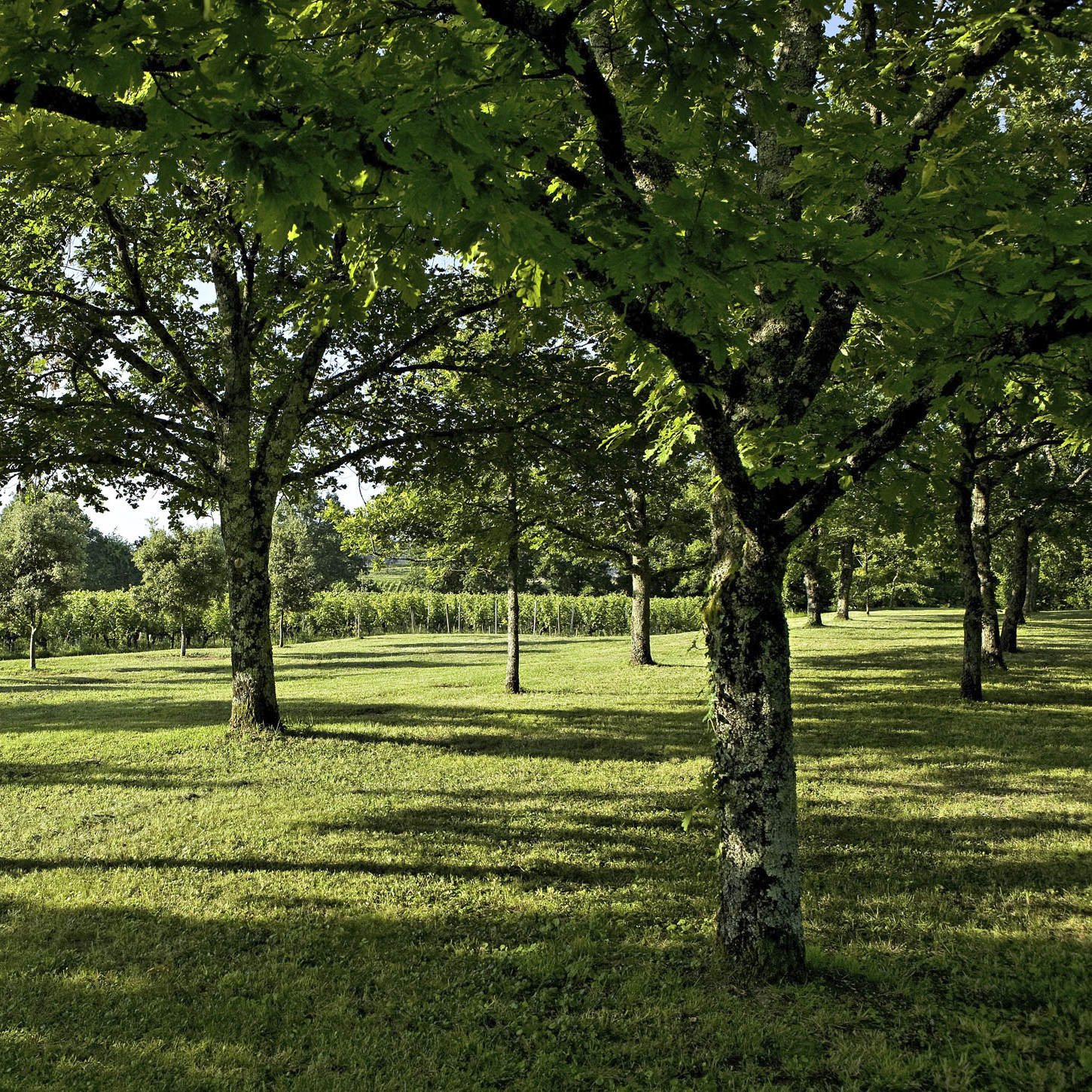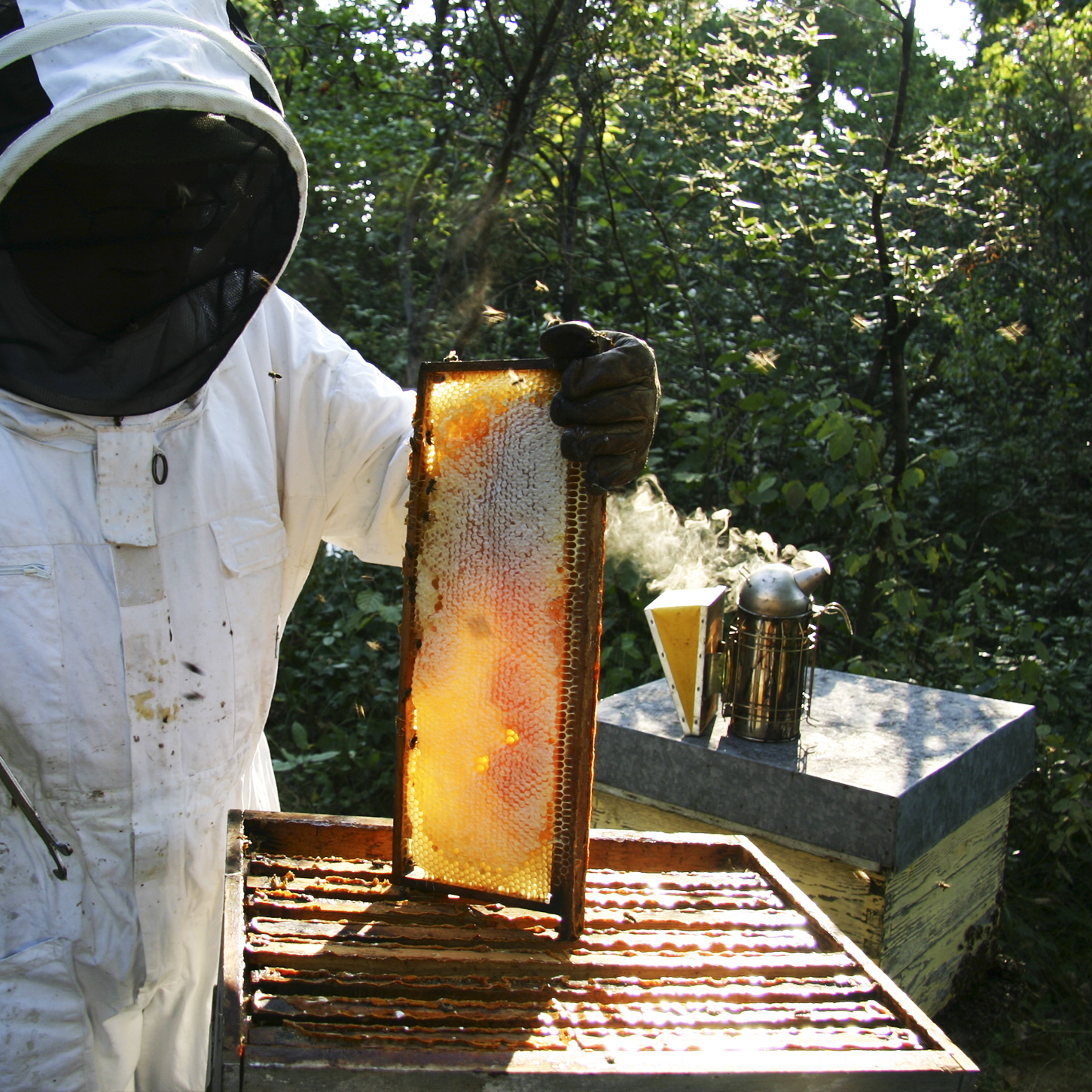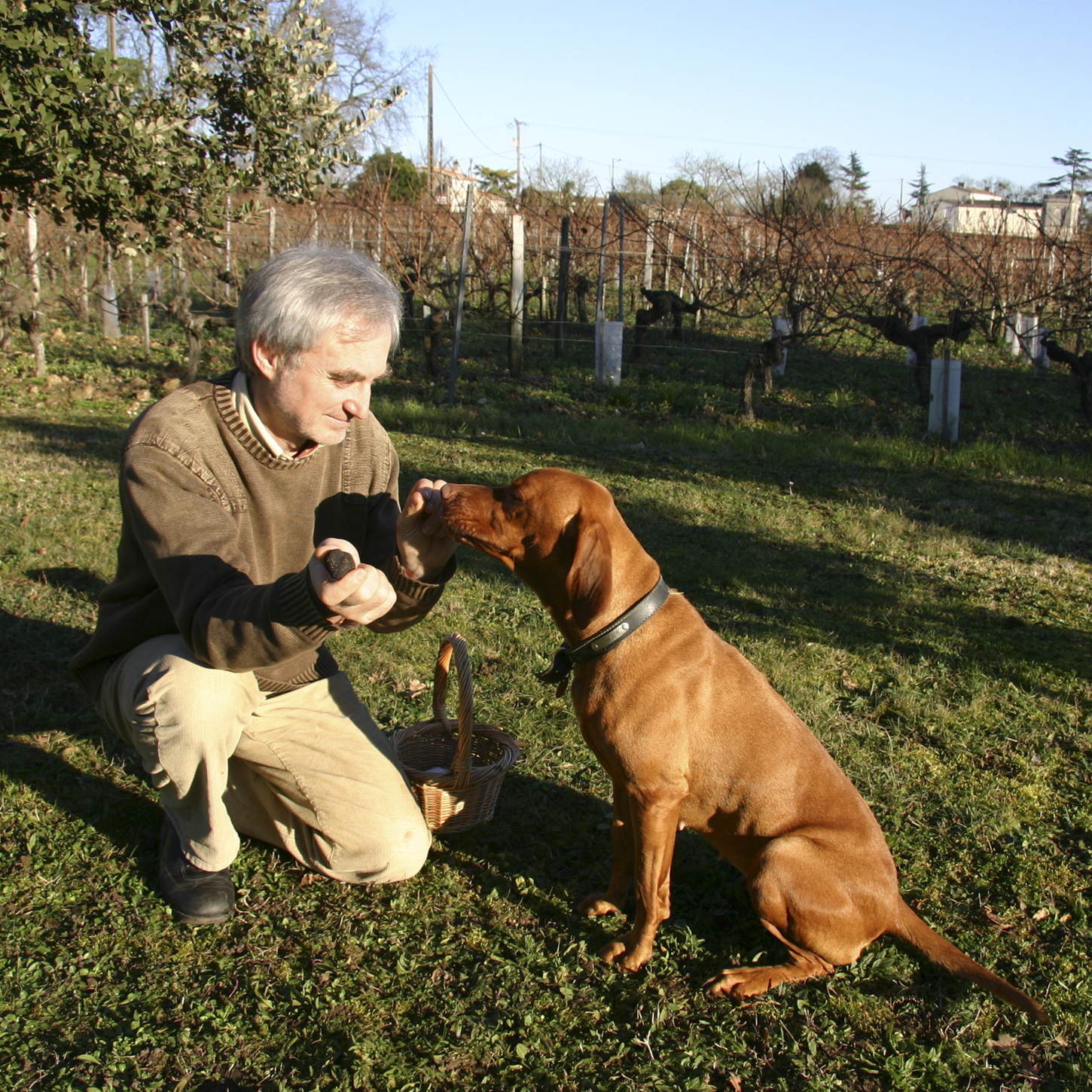Preserved environment
In the heart of nature
We are very sensitive to the need to respect biodiversity and are aware of the important role it can play in limiting the use of inputs in vine growing (auxiliary fauna), but also in the typicity of our wines and the beauty of our landscapes.
Situated on a knoll overlooking the Dordogne with very steep slopes, our vineyards are naturally very fragmented, with numerous plots surrounded by hedges and copses. For a number of years now, we have been developing natural grassing in the vineyard to combat erosion. This has enabled us, to our great delight, to find numerous plant and animal species in the midst of the vines.
La Biodiversité
We are fervent supporters of the notion of terroir, and it’s important for us to be able to explain it to consumers who are increasingly looking for authenticity.
For several decades now, we’ve been making the best choices to respect our environment, for an authentic winegrowing experience in harmony with nature.
We do not use weed-killers, but prefer ploughing to control the natural vegetation in the plots.
Hedges and plots
Hedgerows and plots provide habitat and food for various animal species such as birds, insects and small mammals.
This enables us to help preserve biodiversity and support the ecological balance of our environment.
Respect for the environment
Established since 1956, this approach has been carefully prepared and thought through, and is an integral part of our day-to-day operations. We are naturally directly concerned by the quality of our environment.
We are fortunate to work and live in an exceptional 15-hectare site, located in a single block. Our concern has always been to run our business responsibly, with the constant aim of passing it on to future generations.
Wild Orchids
Today, thanks to several generations of work to preserve the terroir’s biodiversity, we can admire a dozen species of wild orchid: the elongated labellum Serapias, the anthropophora “hangman’s orchid” or the bee-fly Ophrys …
The first mowing of the grass in the vineyards and park takes place as late as possible, so that the orchids can be pollinated and their seeds dispersed.
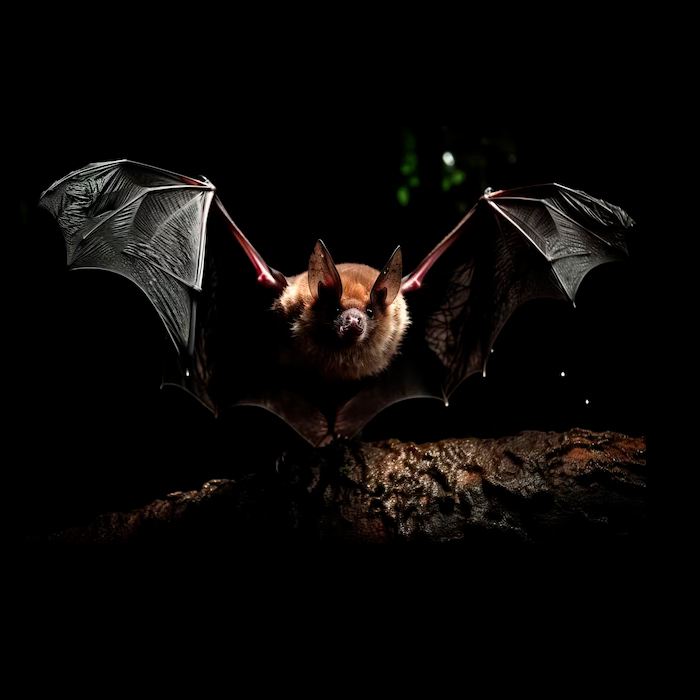
The Bats
Bats are very important to ecosystems, playing a crucial role in pollinating plants and regulating insect populations.
Some bat species feed on fruit and nectar, while others feed on insects and even small mammals.
Bats are fascinating animals that are beneficial to the balance of ecosystems.
Honey
For several decades now, the presence of bees in the vineyards of Château Cassagne Haut-Canon has enabled us to contribute to a varied biodiversity within the ecosystem.
Through their pollination action, they encourage the development of flora around and in the plots, thus enriching the vineyard with diversity, while at the same time being an immediate witness to our impact and viticultural management on our environment.
The Truffles
In his native region, Jean-Jacques Dubois’ father Charles, who had roots in Correze, used to go out and pick wild truffles.
At Château Cassagne Haut-Canon, he found the rock and limestone soil to introduce tubermelanosporum mycorrhizae plants.
At harvest time, our trained dogs, “Anémone” and now “Plume”, guide us from tree to tree to identify their location in the soil. What a pleasure then to enjoy them with family and friends.
Our Wildlife Friends
at Château Cassagne Haut-Canon
Heart of our Vines
Fruits of our Love
It is in the heart of our vineyard, whose centuries-old stones are living testimony to our history, that we strive to preserve this unique natural environment.
We are grateful to our forebears for bequeathing this treasure to us, which we are keen to maintain and pass on to our children.
We strive to combine traditional viticulture with respect for the environment, with the aim above all of preserving the exceptional quality of the flora and fauna.
This natural life contributes to the richness and balance of the vineyard, which is reflected in our wines.

